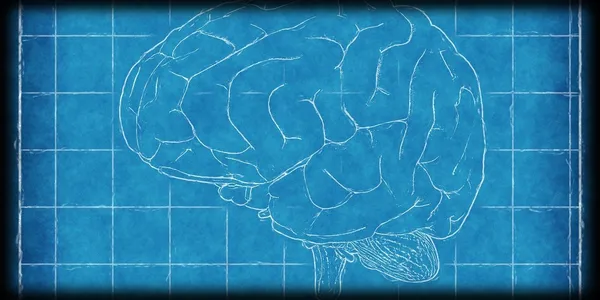“Between twenty and fifty times a day, the little child experiences a state of great enthusiasm. (...) Each small storm of enthusiasm implements a kind of cerebral autodoping. In this way, the substances necessary for all processes of growth and redevelopment of neural networks are produced. That is why we are learning so quickly in what we are doing with enthusiasm. Because it's as simple as that: the brain develops precisely where it is enthusiastically used.”
— Pr. Gerald Hüther
In addition to telling us about the mechanics of human growth, which are invaluable in order to guiding our childen toward a better development, Professor Gerald Hüther's "Neurobiology and Education" conference sheds light on a specific brain mechanism linked to learning.
Studies show[^1],[^2] that spikes of enthusiasm cause a spill of neuroplastic transmitters. In the same way as fertilizer, their role is to promote brain development. Three important things should be noted:
- only the currently active areas of the brain are affected by this development,
- it only happens when you feel a powerful emotion,
- this biomechanical phenomenon works regardless of age.

An anecdote from the author, relevant in our context:
“Our young people have had, for the past 10 years, a region of the brain that receives so much fertilizer that it has already doubled in size: this is the region that is responsible for regulating thumb movements.”
— Pr. Gerald Hüther
My take away is that to convey a message, encourage certain behaviors, promote the memorization of important elements, the player benefit from being emotionally affected. As such, when we find out in playtest some key element is essential and the players often struggle to memorize it well, on top on using other well known memorization techniques (spaced repetition, retrieval practice), adding a strong emotion related to that element might be another available tool.
As game designers, we often face the challenge of teaching complex mechanics to players. What is the most difficult game mechanic you’ve had to teach players? How did you manage it?
[^1]: Natures and value - Pr. Dr. Gerald Hüther [^2]: Neurobiologie et éducation : conférence du Prof. Dr. Gerald Hüther (VOSTFR)
